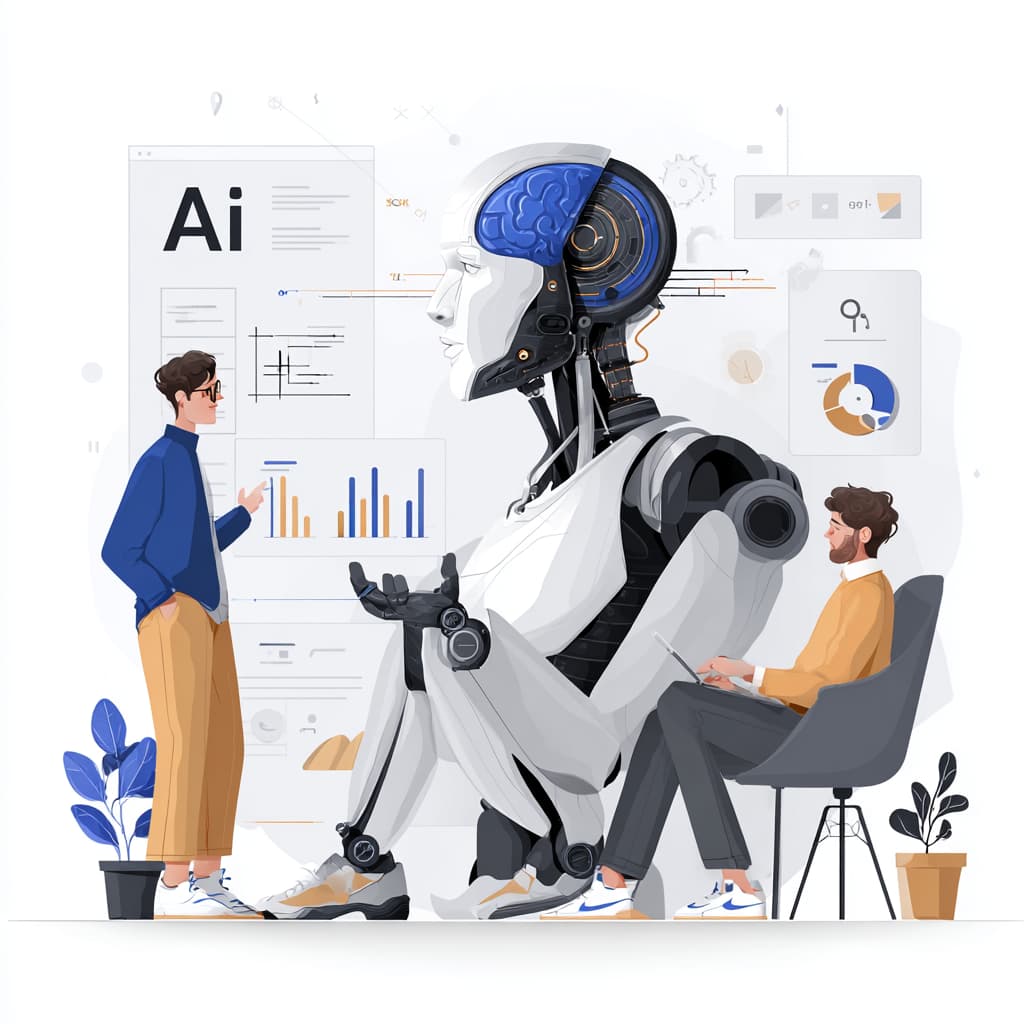As technology continues to shape how we interact with the world, data-driven platforms are becoming key players in both industrial and everyday contexts. Open-source systems that collect, process, and automate data – from environmental sensors to smart home devices – are enabling smarter, faster decision-making. These tools don’t just crunch numbers; they offer insights that can be applied across healthcare, education, transportation, and even online engagement.
More importantly, these systems are no longer reserved for large enterprises. Thanks to scalable infrastructure and user-friendly platforms, even small businesses and individual users can harness the power of analytics. Whether it’s monitoring air quality in classrooms or adjusting lighting based on occupancy, these decisions are increasingly being shaped by intelligent systems.
The Role of Platforms Like Velobet Casino in Modern Systems
Interestingly, the evolution of user-centric systems isn’t limited to industrial environments. In the digital leisure space, platforms like Velobet Casino showcase how user data can be harnessed to enhance experience without compromising accessibility. While the context is different, the mechanism is similar: real-time interactions, personalized interfaces, and systems that adapt based on input. Much like open-source frameworks in the IoT world, these platforms rely heavily on backend analytics to ensure a smooth and responsive user journey.
The principles used – such as tracking engagement patterns, identifying user preferences, and adapting interfaces – are increasingly being adopted by industries beyond entertainment. Educational platforms now customize learning paths, while healthcare apps adjust treatment suggestions based on real-time vitals. Velobet Casino, though primarily for recreation, serves as an example of how data feedback loops can be both intuitive and powerful.
What Makes Real-Time Data Valuable?
Real-time data transforms passive monitoring into active response. Imagine a weather station that not only detects a drop in temperature but automatically sends alerts, activates heaters, or adjusts building systems. That’s the power of real-time systems, and it’s where open-source tools like Nimbits thrive. These platforms collect information from connected devices and apply logic rules that enable automated responses – no human input needed after setup.
This responsiveness is crucial in emergency situations. For instance, in hospitals, real-time data can help prevent crises by alerting staff to anomalies in patient vitals. In logistics, it optimizes delivery routes by responding to traffic conditions in real time. The faster the system can process and react to data, the more efficiently it can support decision-making.
Breaking Down the Complexity
Traditionally, building such systems required expertise in networking, coding, and database management. However, with platforms like Nimbits, these barriers are lowered. Users can connect sensors, define conditions, and receive feedback or actions – all without writing complex scripts. The simplicity doesn’t sacrifice power; rather, it makes intelligent automation accessible to small teams, educators, and even hobbyists.
What’s particularly empowering is how these systems promote experimentation. By lowering the learning curve, users from non-technical backgrounds can prototype solutions to everyday challenges – automating irrigation in a home garden or tracking energy use in small offices. These grassroots innovations, when scaled, can contribute meaningfully to sustainability and operational efficiency.
Ethical Use of Data and Automation
As automation expands, so does the need for transparency. Whether in a factory setting or on a gaming platform, data should be collected and used responsibly. Systems should be designed to prioritize privacy, give users control, and minimize the risk of misuse. Open-source projects excel here, offering auditability and customization that closed systems often lack.
Ethical design also includes informed consent, data minimization, and algorithmic fairness. When users understand how and why their data is used, they are more likely to trust and adopt these technologies. Developers and system architects have a responsibility to build with ethics in mind – not just efficiency or profit.
Bridging Industry and Everyday Life
From predictive maintenance in factories to personalized recommendations on entertainment platforms, intelligent systems now touch every corner of daily life. The key is data – how it’s gathered, processed, and used. By taking cues from platforms in unexpected sectors, such as Velobet Casino or other real-time services, developers can find new ways to engage users while maintaining ethical and operational standards.
Smart cities are a prime example of this convergence. Traffic lights that adjust based on congestion, waste bins that signal when full, and public transport apps that adapt to crowd levels – all of these rely on similar principles of responsive data processing. The foundation laid in digital consumer platforms is now influencing public infrastructure and civic planning.
Looking Forward
The future is undoubtedly tied to real-time, intelligent systems. Whether it’s a smart greenhouse optimizing water use or an interactive app learning from user behavior, the ability to respond instantly and intelligently is reshaping industries. With the continued growth of open-source infrastructure, we can expect more innovations that merge transparency with technology, enabling safer, smarter systems for all.
The challenge ahead lies in scaling these systems sustainably and inclusively. As we connect more devices and gather more data, we must remain vigilant about security, privacy, and equity. If done right, data-driven platforms can bridge gaps in access, reduce inefficiencies, and ultimately improve lives – not just for those with technical literacy, but for society as a whole.



